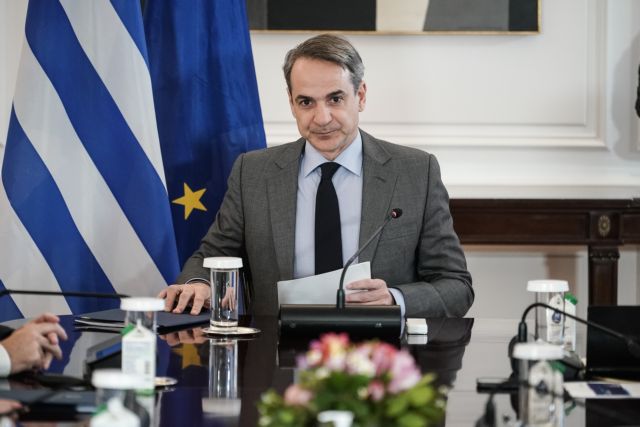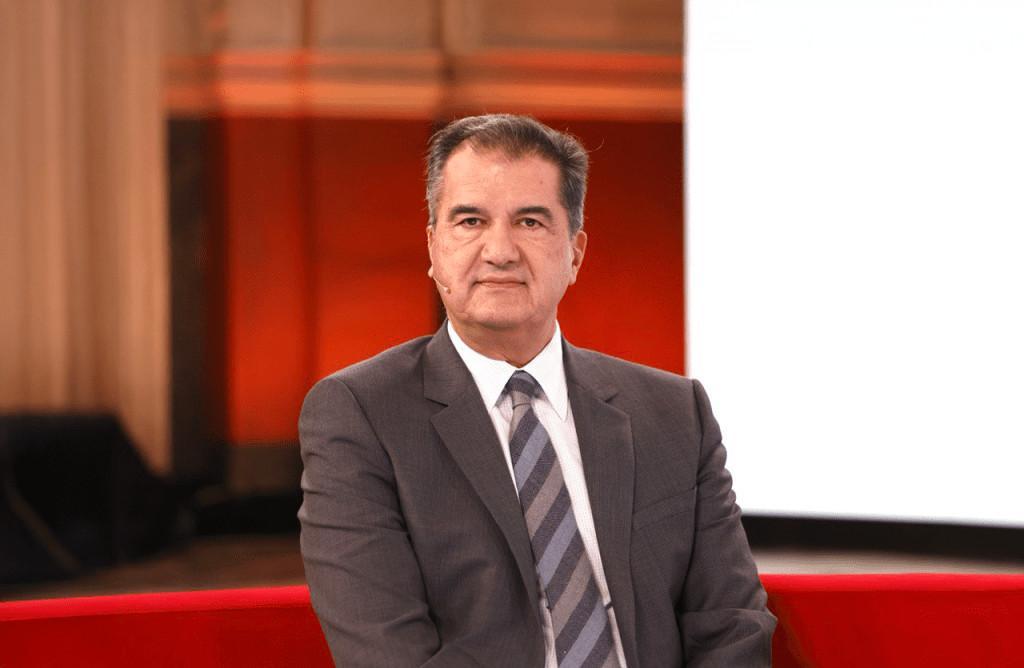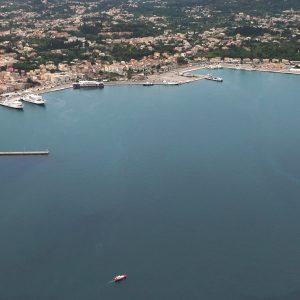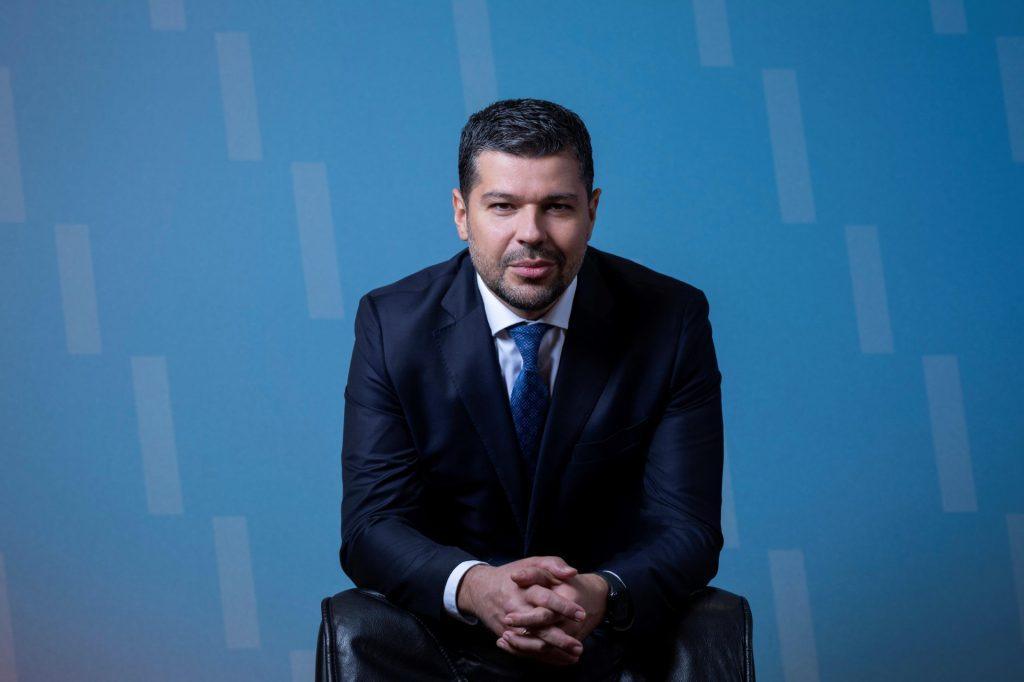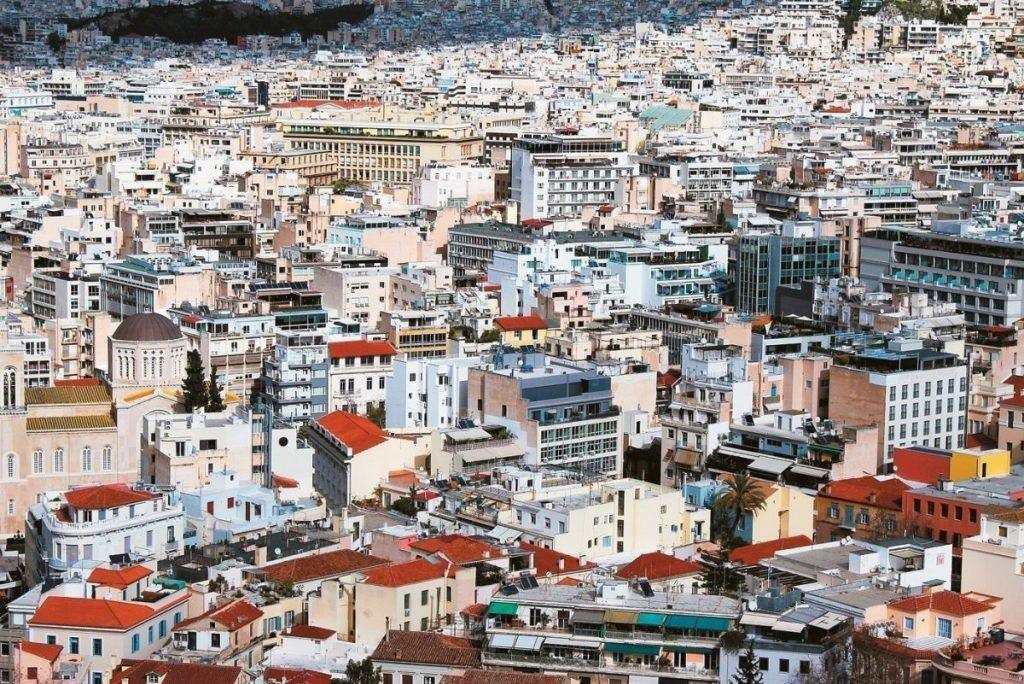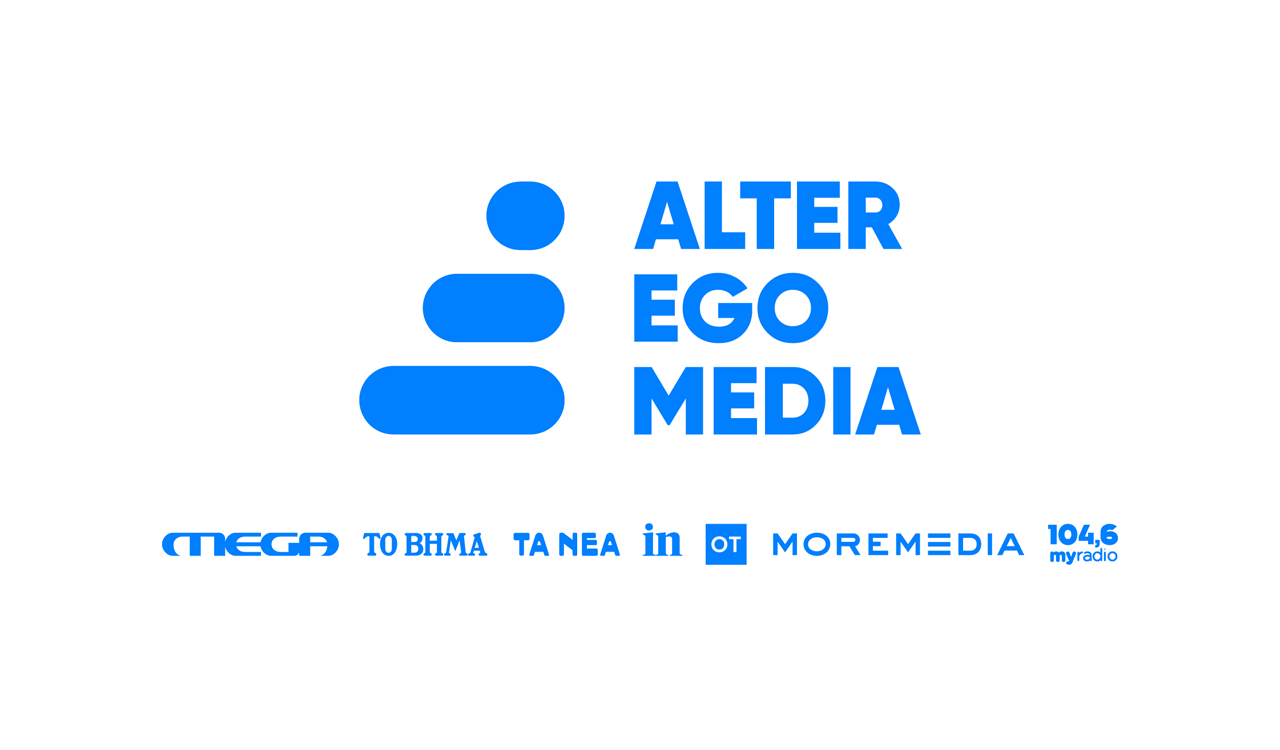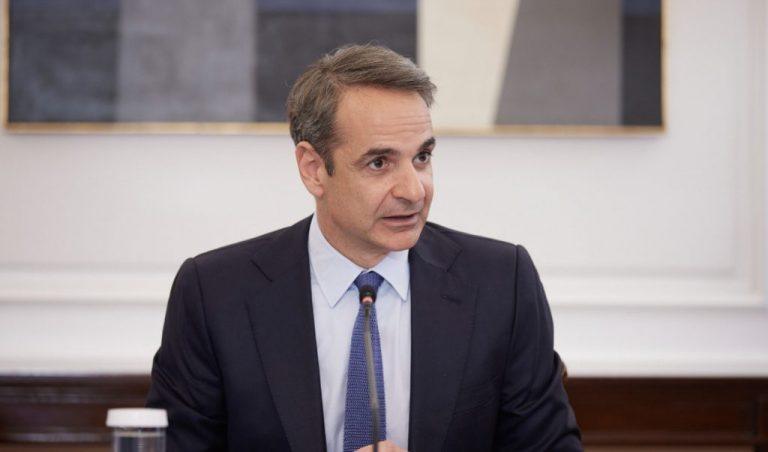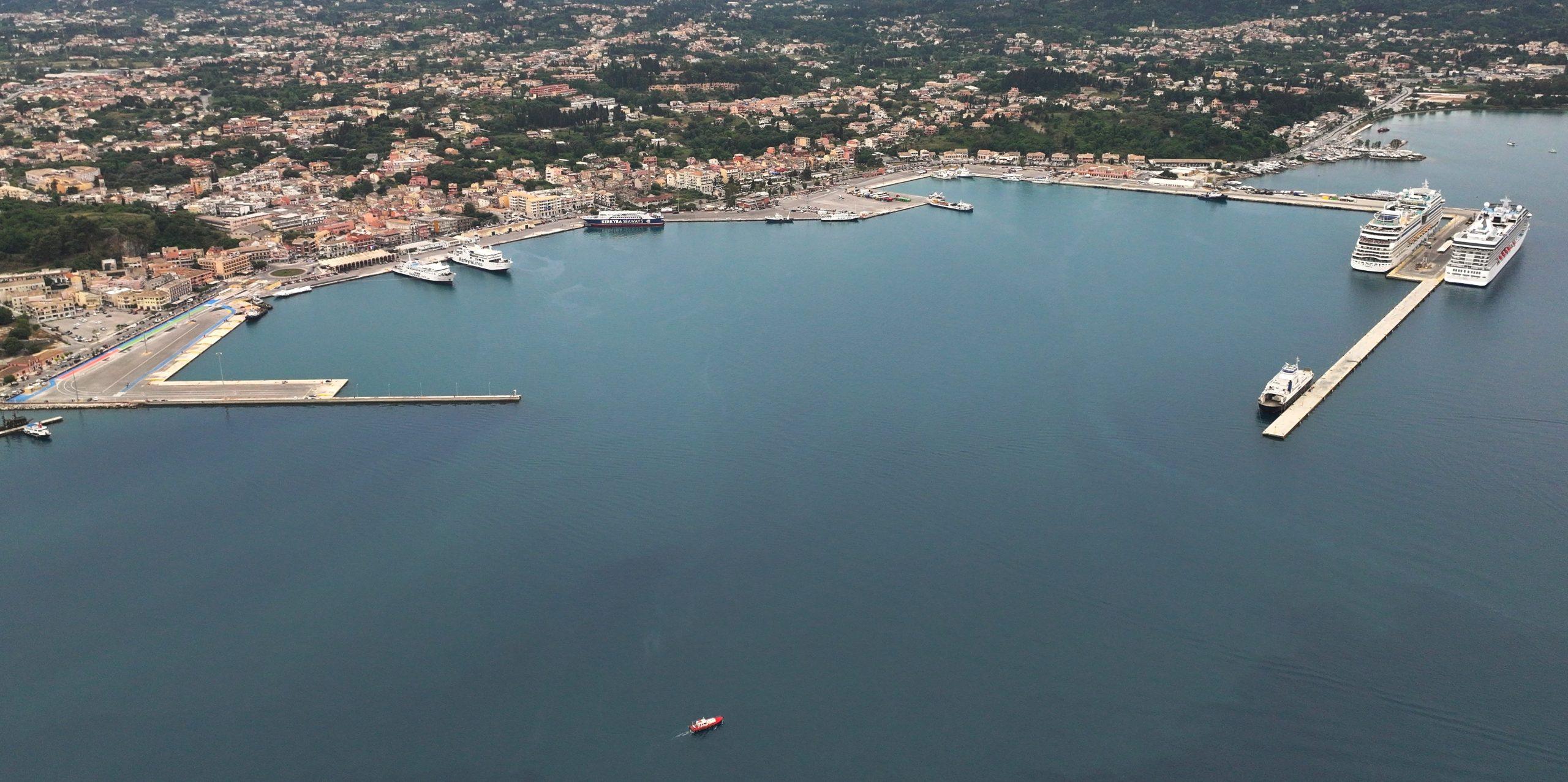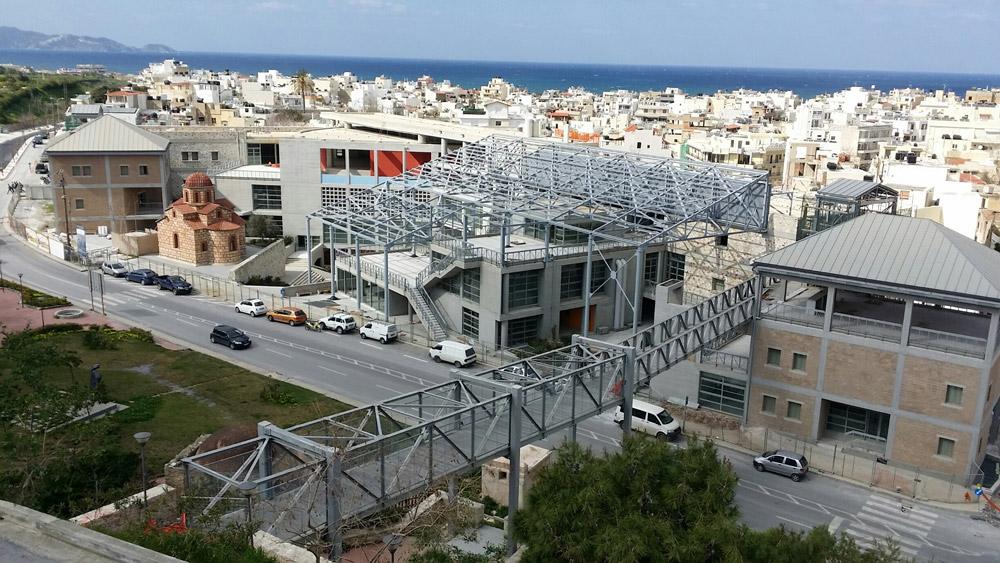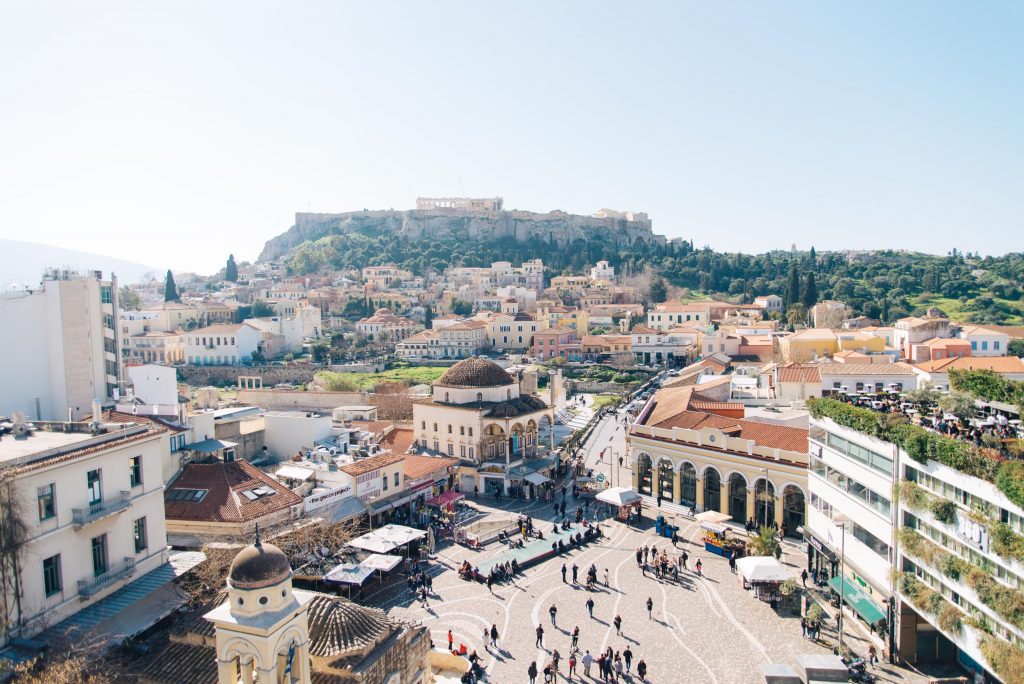Greek Prime Minister Kyriakos Mitsotakis has stated that the new police force on Athens’ buses and trains is a part of his government’s commitment to improving Greek public transit.
In a Facebook post on Saturday, Mitsotakis stated: “The upgrading of public transport is a non-negotiable priority for our government. And this upgrade is not only about renewing our bus fleet, which is progressing smoothly, and increasing the frequency of services. Its main pillar is also the safety of citizens.”
“Since yesterday, therefore, the pilot program for the policing of public transport in western Athens has begun. 130 police officers, either in uniform or in plain clothes, are on the suburban train and buses of West Athens. At the end of the pilot programme, this policy will be implemented throughout the Attica network with a special corps of the Hellenic Police.”
“We have a duty to provide our fellow citizens with modern and safe means of public transport. Step by step we are moving in this direction.”
The pilot policing program deploys two uniformed officers and one plainclothes officer per vehicle, as reported by Greek public broadcaster ERT on Friday.
Deputy Minister of Infrastructure and Transport, Vasilis Oikonomou, argued for the necessity of this measure, citing incidents such as drug use that have been reported on public transport. He described the program as “dynamic,” stating that it will be implemented in specific areas “as needed”, with future expansion planned for southern Athens.
The head of the Transport Police detailed the operational plan, emphasizing daily interventions designed to improve safety for both passengers and transit staff.
Meanwhile, on February 14, Mitsotakis also announced the addition of 100 new buses to the Athens public transport system. Speaking at the Road Transport depot in Rentis, he reiterated the government’s broader transportation plans, promising that a total of 900 new vehicles would be in service by mid-2025, with the ultimate goal of reaching 950 buses by the end of next year.
Source: tovima.com
